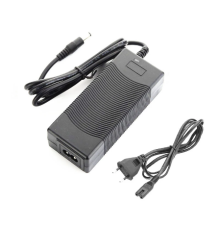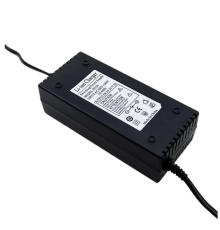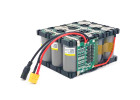
LiFePo4 batteries are a type of lithium-ion rechargeable batteries that are used to power various devices including electric vehicles, solar panels, UPS and other devices that require high energy density and long life.
The main component of LiFePo4 batteries is the cathode, which is composed of lithium, iron, phosphorus and oxygen, the anode can be carbon or graphite, and the electrolyte is usually liquid or gel. LiFePo4 batteries have high energy density and long life, making them more reliable and cost effective than other types of lithium-ion batteries.
One of the main advantages of LiFePo4 batteries is their high safety, as they are not prone to overheating or exploding, making them an ideal choice for use in electric vehicles. They also have high charging and discharging efficiency and can be used in a wide temperature range. In addition, they have a low self-discharge rate and a longer life than other types of lithium-ion batteries. However, they also have some disadvantages such as higher cost and lower energy density, which means they can be heavier and take up more space than other types of lithium-ion batteries.
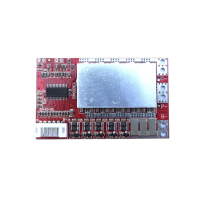
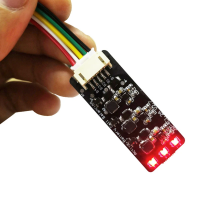
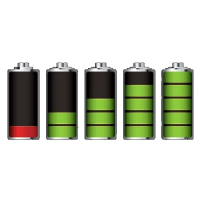
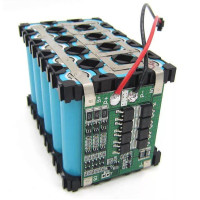
/LiFePo4_12V_6Ah_(4s1p)-220x230.png)
/Li-Ion_12V_13Ah_(3s4p)_1-220x230.png)
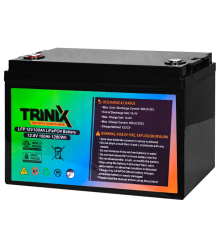
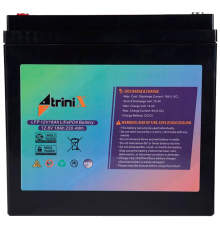
/LiFePo4_12V_7Ah_(4s1p)_1-220x230.png)
/LiFePo4_12V_17Ah_(4s2p)_2-220x230.png)
/LiFePo4_24V_30Ah_(4s2p)_1-220x230.png)
